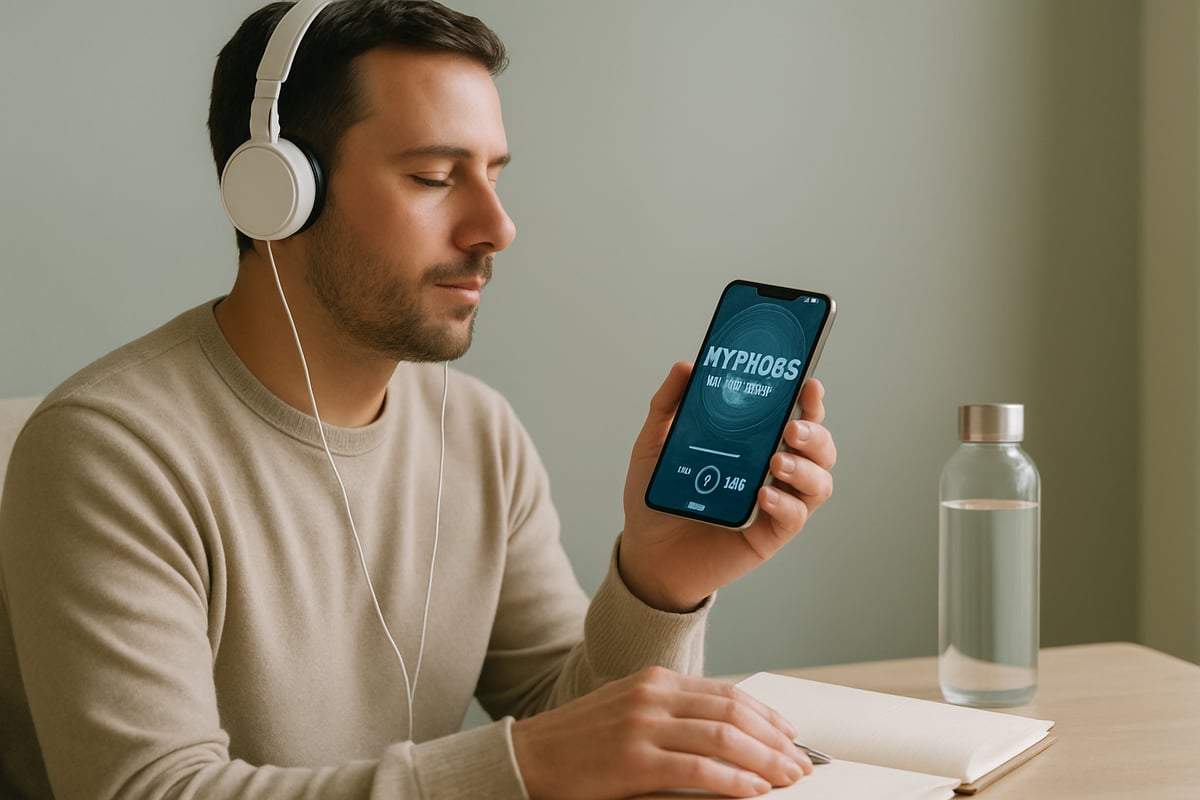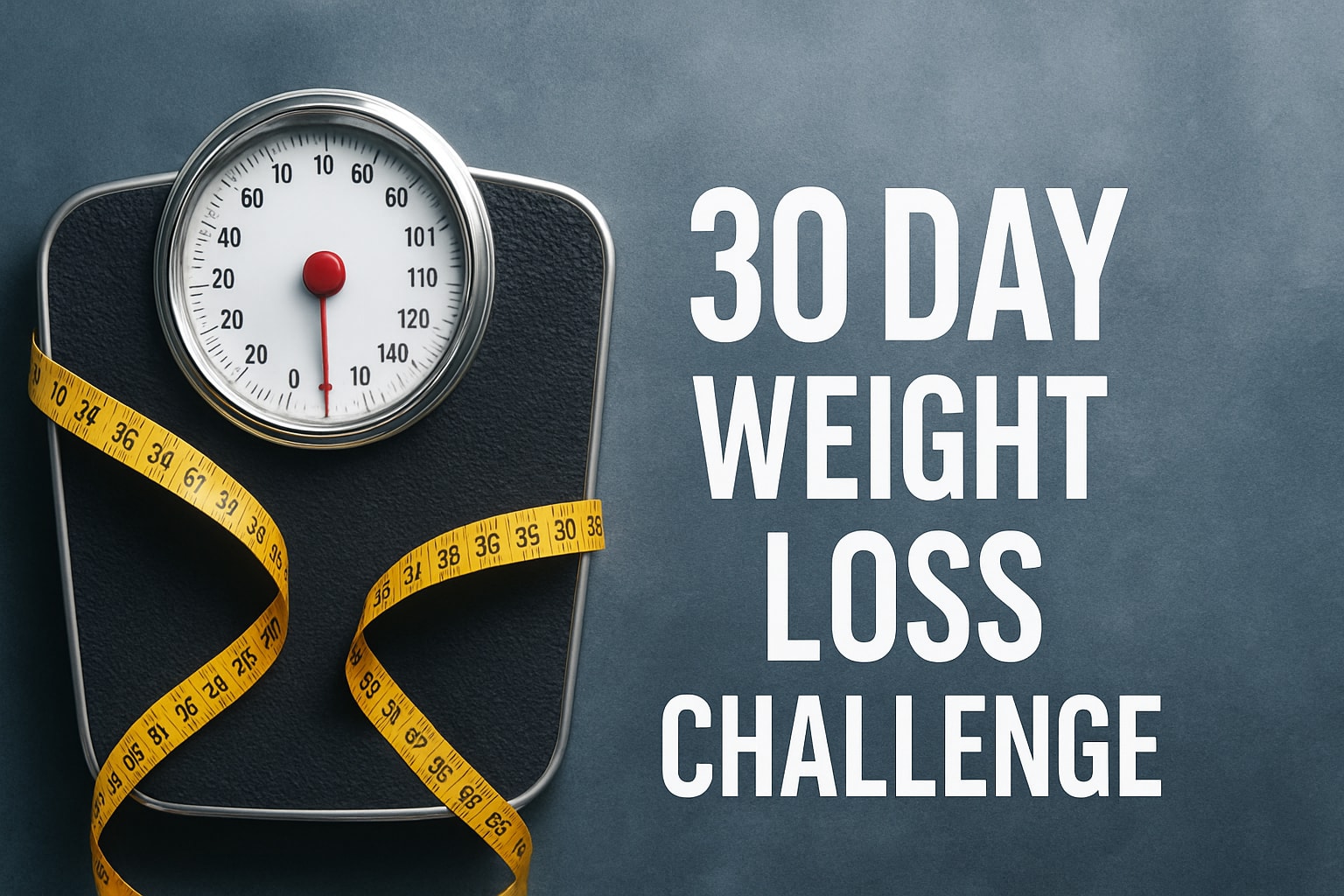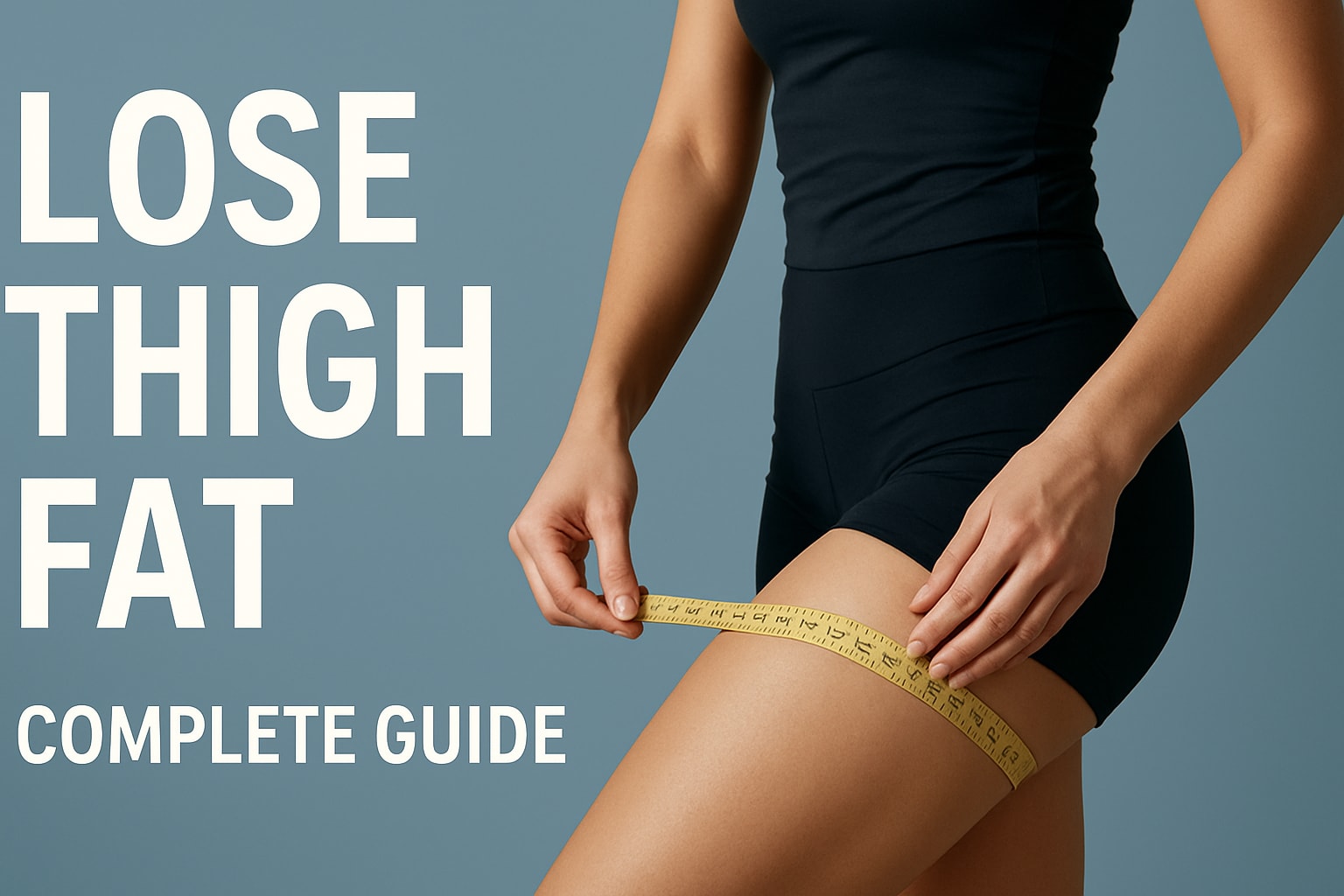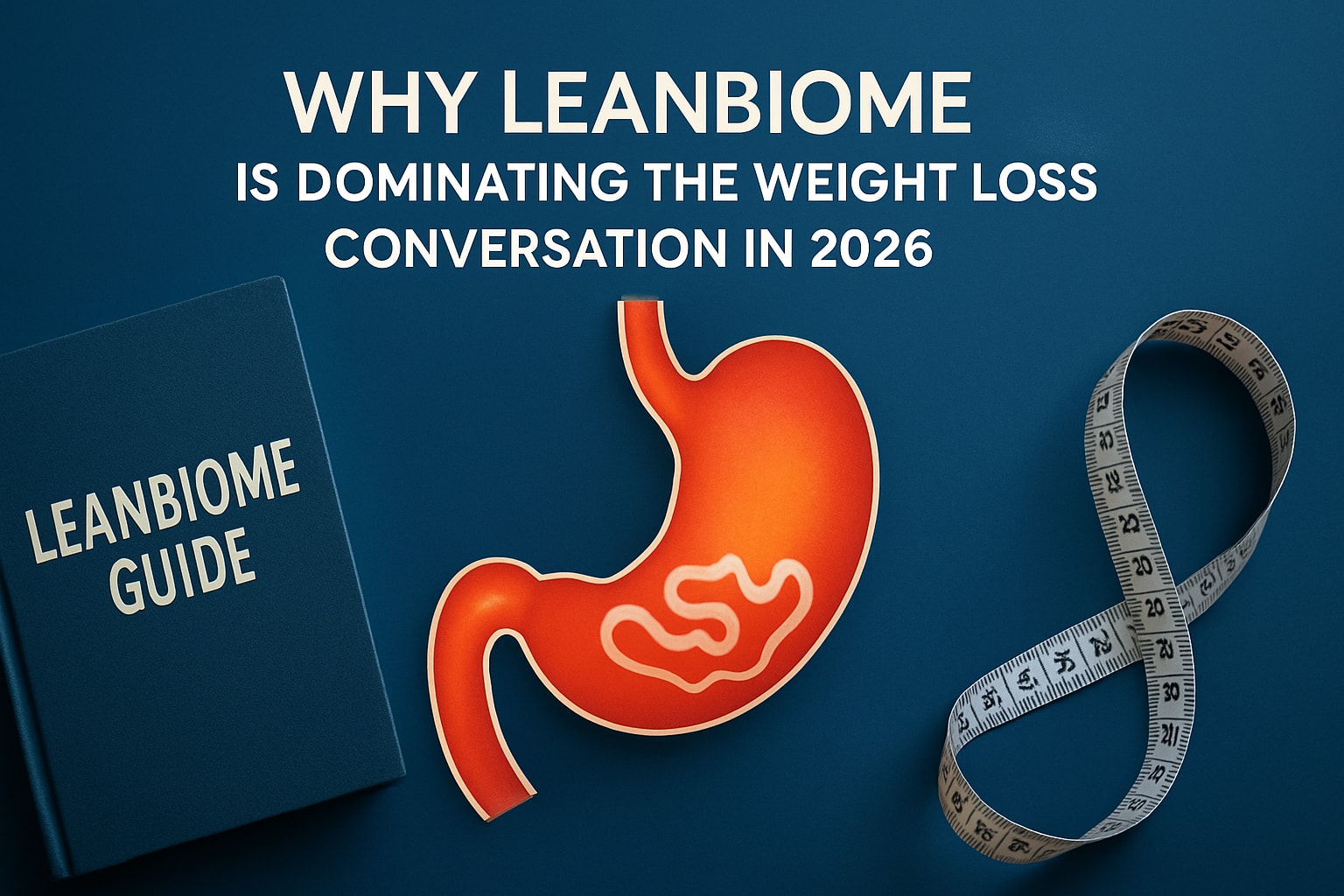Imagine finally breaking free from the endless cycle of dieting and emotional eating by simply retraining your mind. In 2025, hypnosis for weight loss is emerging as a transformative approach that empowers you to change your mindset and achieve sustainable results. This guide will show you how to use proven, science-backed methods to build a healthier relationship with food and reach your goals. We will explore the science behind hypnosis, how it rewires habits, practical step-by-step techniques, inspiring real-world results, and the best ways to start your journey. Ready to experience true mental freedom and lasting change?
Understanding Hypnosis: Science, Myths, and Modern Applications
Imagine stepping into a state where your mind becomes receptive and focused, unlocking doors to healthier habits. This is the promise at the heart of hypnosis for weight loss—a practice that is gaining attention from scientists, clinicians, and everyday people looking for lasting results.
Hypnosis is not magic or mind control. Instead, it is a natural, trance-like state of deep concentration and relaxation. During hypnosis for weight loss, the mind is more open to positive suggestions and new perspectives, making it easier to change automatic behaviors around food and self-care.
What Is Hypnosis, and How Does It Work?
Hypnosis for weight loss involves guiding the subconscious mind to shift beliefs, emotions, and habits that drive eating behaviors. Clinical studies have found that hypnosis is 94% more effective than control conditions for weight loss, according to Reveri and other reputable sources. Research shows that hypnosis works by bypassing the critical, analytical part of the mind and delivering targeted suggestions directly to the subconscious.
This process can help you reframe your relationship with food, reduce emotional eating, and foster healthier habits. Brain imaging studies confirm that hypnosis changes neural pathways related to self-control and craving, supporting real transformation.
| Aspect | Traditional Diets | Hypnosis for Weight Loss |
|---|---|---|
| Focus | Willpower, restriction | Subconscious mindset |
| Effectiveness (studies) | Up to 30% long-term | Up to 94% improvement |
| Emotional eating support | Limited | Strong |
| Integration with therapy | Rare | Common (CBT, mindfulness) |
Myths, Misconceptions, and Scientific Reality
Despite strong evidence, hypnosis for weight loss is often misunderstood. Many people believe myths such as:
- Hypnosis is mind control
- Only weak-minded people can be hypnotized
- You lose awareness or memory during hypnosis
- It is not supported by science
In reality, hypnosis is a collaborative process. You remain aware and in control throughout the session. Leading medical experts, like Dr. David Spiegel at Stanford, recognize hypnosis as a powerful, evidence-based tool for behavior change.
For an in-depth look at how hypnosis works and why it is gaining traction in weight management, explore Hypnosis for Weight Loss Explained. This resource debunks myths and highlights the research supporting this approach.
Modern Applications: Digital Tools and Therapy Integration
Today, hypnosis for weight loss is more accessible than ever. Options include in-person hypnotherapy, self-hypnosis, and digital hypnosis apps. Many people use guided audio sessions at home, while others work with licensed therapists or integrate hypnosis into cognitive behavioral therapy (CBT) for a comprehensive approach.
Self-hypnosis techniques teach individuals to induce a trance state, use visualization, and reinforce positive change daily. Digital apps offer step-by-step programs, tracking tools, and personalized guidance, making it easier to stay consistent and motivated.
The Growing Need: Obesity Trends and Sustainable Solutions
Obesity rates continue to climb, with over 40% of U.S. adults now classified as obese, according to the CDC. Traditional diets often fail to address the root causes of overeating—stress, emotional triggers, and ingrained beliefs. Hypnosis for weight loss targets these subconscious drivers, offering a sustainable path forward.
Real-World Impact: The Rise of Hypnosis Apps
In recent years, hypnosis for weight loss apps have surged in popularity. Users report improvements in food choices, reduced cravings, and greater confidence. Medical professionals increasingly recommend digital hypnosis programs as part of holistic weight management plans.
As science and technology evolve, hypnosis for weight loss is positioned to become a cornerstone of effective, sustainable health transformation.

Why Mindset Matters for Weight Loss Success
Changing your body starts with changing your mind. For many, lasting weight loss feels out of reach, not because of a lack of effort, but due to deep-rooted patterns in thinking and feeling. Understanding and shifting your mindset is the foundation for real, sustainable progress through hypnosis for weight loss.

The Psychology of Weight Loss
Mindset is the silent driver behind every food choice. Emotional triggers like stress or anxiety often lead to impulsive eating, while guilt and restriction can keep people stuck in a cycle of self-sabotage. Many individuals struggle with "food noise," the constant mental chatter about eating, which makes it hard to break free from old habits.
Negative self-talk and poor body image undermine motivation. When people believe they are destined to fail, even the best diet or exercise plan cannot deliver lasting results. Research consistently shows that lasting change requires more than willpower. It demands a shift in subconscious patterns.
Hypnosis for weight loss addresses these psychological barriers by helping you understand your relationship with food. By targeting the mental blocks that drive overeating, you create space for new, healthier behaviors to take root.
How Hypnosis Rewires Habits and Beliefs
Hypnosis for weight loss works by tapping into the subconscious mind, where automatic habits and beliefs are stored. Through guided sessions, you can break the old associations between emotions and eating, replacing them with positive, empowering thoughts. This process is not about force, but gentle reprogramming.
Neuroscience shows that hypnosis delivers suggestions directly to the subconscious, making it easier to build new neural pathways for healthy habits. For example, many users report reduced cravings and increased self-acceptance after regular self-hypnosis practice.
If you want to learn more about this process, Transforming Eating Habits with Self-Hypnosis offers practical steps and real-world examples of how mindset change leads to better results. By consistently using hypnosis for weight loss, you can gradually shift limiting beliefs about food, your body, and your self-worth.
Emotional Healing and Food Freedom
True transformation goes beyond surface-level habits. Many people eat in response to emotional wounds, whether from childhood experiences or past traumas. Hypnosis for weight loss can help heal these underlying issues, fostering self-compassion instead of self-criticism.
With a healthier mindset, individuals can create emotional safety and resilience. This reduces the risk of relapse and helps maintain progress even during stressful times. Insights from podcasts and neuroscience suggest that forgiveness, letting go of shame, and building self-trust are critical components of lasting change.
Studies indicate that improved emotional regulation is linked to better weight loss maintenance. By addressing the root causes of overeating and nurturing a positive self-view, hypnosis for weight loss empowers you to achieve genuine food freedom and a healthier relationship with yourself.
Step-by-Step Guide: Using Hypnosis for Weight Loss in 2025
Embarking on a journey with hypnosis for weight loss requires more than passive listening. It involves intention, method, practice, reinforcement, and integration with lifestyle choices. Follow these five steps to maximize your results and build a healthier relationship with food in 2025.

Step 1: Setting Clear, Positive Intentions
The foundation of hypnosis for weight loss is setting intentions that are specific, achievable, and framed in a positive light. Instead of focusing on restrictions or what you must avoid, shift your mindset toward what you want to experience. For example, rather than saying, "I must not eat junk food," try, "I choose nourishing foods that energize me."
Create written goals that feel inspiring and attainable. Use visualization techniques to imagine yourself practicing new habits, such as savoring healthy meals or enjoying physical activity. This primes your subconscious mind to accept suggestions during hypnosis for weight loss.
Here is a simple intention-setting checklist:
- Define your desired outcomes (e.g., more energy, improved body confidence).
- Phrase intentions positively and in the present tense.
- Visualize success daily before hypnosis sessions.
By clarifying your intentions, you give your subconscious a clear target, making hypnosis for weight loss more effective.
Step 2: Choosing the Right Hypnosis Method
Selecting the most suitable method is crucial for lasting change with hypnosis for weight loss. Options include in-person hypnotherapy, self-hypnosis, and digital hypnosis apps. Each offers unique advantages, so consider your preferences and lifestyle.
When evaluating methods, prioritize clinical evidence and user reviews. Apps like Reveri and others offer interactive sessions designed by medical experts. In fact, a randomized clinical trial on self-hypnosis audio showed significant benefits for weight loss, especially when used consistently.
Compare your options:
| Method | Pros | Cons |
|---|---|---|
| In-person therapy | Personalized guidance, accountability | Higher cost, less flexible |
| Self-hypnosis | Flexible, cost-effective | Requires self-discipline |
| Digital apps | Accessible, evidence-based, convenient | Varies in quality |
Choose a method that you can commit to regularly. Remember, hypnosis for weight loss works best when you feel comfortable and supported throughout the process.
Step 3: Practicing Hypnosis Techniques
Consistent practice is key to unlocking the benefits of hypnosis for weight loss. Start by setting aside 10 to 20 minutes daily, ideally at the same time each day. Guided sessions typically involve relaxation, visualization, and positive suggestions tailored to your goals.
If you prefer self-hypnosis, use scripts or audio tracks that reinforce your intentions. Many people incorporate mindfulness techniques, such as deep breathing or body scans, to deepen the hypnotic state.
User testimonials highlight the transformative power of regular practice:
- "After two weeks, my cravings for sweets decreased dramatically."
- "I feel more in control of my choices and less triggered by stress."
By embedding these routines, hypnosis for weight loss becomes a natural part of your self-care, setting the stage for lasting change.
Step 4: Reinforcing New Habits and Mindset
Maintaining momentum requires tools to reinforce your progress with hypnosis for weight loss. Journals, app-based feedback, and support groups offer valuable accountability. Track your milestones, such as reduced cravings or increased satisfaction with smaller portions.
Use hypnosis to strengthen healthy behaviors. For example, visualize making mindful choices at meals or feeling confident in social settings. If you encounter setbacks, revisit hypnosis sessions focused on motivation and resilience to prevent old patterns from resurfacing.
Stories from long-term users demonstrate that ongoing mindset work leads to sustainable weight management. Reinforcing new habits with hypnosis for weight loss builds both confidence and consistency over time.
Step 5: Integrating Hypnosis with Lifestyle Changes
Hypnosis for weight loss is most effective when combined with holistic lifestyle adjustments. Pair your hypnosis practice with balanced nutrition, regular physical activity, and stress reduction techniques. This comprehensive approach ensures you address both the mental and physical aspects of weight management.
Avoid the allure of quick fixes. Hypnosis is not a replacement for healthy habits, but a powerful complement that supports your journey. Case studies show that individuals who integrate hypnosis for weight loss with other wellness strategies experience enhanced results and greater satisfaction.
Tips for integration:
- Plan weekly meals and exercise routines alongside hypnosis sessions.
- Use hypnosis to overcome plateaus or emotional triggers.
- Celebrate small victories to maintain motivation.
By weaving hypnosis for weight loss into your daily routine, you create a sustainable path to health that lasts well beyond 2025.
Real Results: What to Expect from Hypnosis for Weight Loss
What can you genuinely expect when you commit to hypnosis for weight loss? The results go beyond numbers on the scale. This section explores scientific evidence, shares authentic user stories, and clarifies who stands to benefit most from this approach.

Success Rates and Scientific Evidence
The effectiveness of hypnosis for weight loss is backed by compelling research. Meta-analyses have found that hypnosis is 94% more effective for weight loss than control conditions. When combined with cognitive behavioral therapy, results can improve by up to 60%. Typical outcomes include reduced cravings, better food awareness, and a stronger sense of self-acceptance.
Consider Adam’s experience: after six months of hypnosis for weight loss, he identified the difference between emotional and physical hunger, leading to healthier choices. While not everyone experiences dramatic weight loss, most report feeling fuller sooner, less inflammation, and an improved overall quality of life.
For those interested in a comprehensive review of the evidence, the Meta-Analysis of Hypnosis for Health Issues highlights the broad potential of hypnosis in managing obesity and other health concerns.
User Experiences and Testimonials
Personal stories bring the power of hypnosis for weight loss to life. Many users share that after just one session, they notice themselves reaching for healthier foods and feeling less controlled by cravings. Quotes like, “After one session I already see the benefits by choosing better foods,” capture the immediate impact.
Podcasts and online communities highlight emotional freedom as a recurring theme. People describe less “food noise,” more inner peace, and a sense of control over their eating habits. Digital hypnosis programs often include group coaching, which amplifies motivation and accountability.
Users who consistently engage with hypnosis for weight loss often report steady progress, not only in weight management but also in self-confidence and resilience. The blend of structured support and personal reflection creates a strong foundation for change.
Limitations and Who Benefits Most
Despite its promise, hypnosis for weight loss is not a magic bullet. It works best for individuals who are open to mindset change and willing to engage consistently with the process. Safety is another advantage, as hypnosis is non-invasive and suitable for most adults.
Those with deep-seated patterns of emotional eating often see the greatest transformation. Even people who do not lose significant weight still tend to develop a healthier relationship with food and their bodies. Data shows that non-responders often notice improved satiety and emotional well-being, making hypnosis for weight loss a valuable tool for holistic wellness.
Starting Your Hypnosis Weight Loss Journey in 2025
Embarking on your hypnosis for weight loss journey in 2025 can feel both exciting and overwhelming. With so many options available, it is crucial to take a strategic approach. This section will guide you through finding trustworthy resources, building a sustainable routine, and overcoming common obstacles so you can achieve lasting results.
Finding the Right Resources and Support
Choosing the right support system is essential for success with hypnosis for weight loss. Start by seeking certified hypnotherapists who specialize in weight management. Look for professionals with credentials from reputable organizations and positive client reviews.
If you prefer digital tools, explore hypnosis apps that offer clinically validated programs. Key features to consider include:
- Evidence-based protocols
- Personalized guidance
- Transparent research backing
- User testimonials and high ratings
Stanford-developed solutions and apps endorsed by medical experts can provide extra reassurance. For a closer look at science-backed options, review The Safest Weight Loss Approach in 2025, which discusses neuroscience-driven strategies for healthy, sustainable results.
No matter which path you choose, prioritize resources that align with your values and needs. Reliable support makes your hypnosis for weight loss journey more effective and empowering.
Building a Sustainable Routine
Consistency is the cornerstone of any hypnosis for weight loss program. Begin by setting aside a specific time each day for your sessions, whether using an app or working with a practitioner. Even 10 to 20 minutes daily can create meaningful change.
Helpful strategies include:
- Setting calendar reminders
- Tracking progress in a journal or app
- Celebrating small milestones
Integrate hypnosis for weight loss into your daily life alongside healthy eating and physical activity. Many users report that making hypnosis a habit transformed their relationship with food and supported steady progress.
Stories abound of individuals who, by practicing regularly, found themselves reaching for healthier options and feeling more in control. Over time, these small changes add up, reinforcing your commitment and making sustainable weight loss achievable.
Overcoming Obstacles and Staying Motivated
Every hypnosis for weight loss journey has ups and downs. It is natural to encounter skepticism, plateaus, or moments of doubt. Remember, self-compassion is vital during setbacks.
Leverage community support, coaching, and ongoing sessions to stay on track. Engaging with others who share your goals can boost motivation and accountability. For practical tips on overcoming doubts, explore 10 Common Misconceptions About Self-Hypnosis, which addresses common myths and offers encouragement.
Podcasts and expert advice suggest that building emotional resilience and taking action, even before you fully believe in success, can make all the difference. Stay patient and trust the process as you continue your hypnosis for weight loss journey.
The Future of Weight Loss: Hypnosis and Beyond
The landscape of hypnosis for weight loss is evolving rapidly, promising transformation well beyond traditional diet plans. As digital health tools become mainstream, hypnosis is now more accessible than ever, merging science, technology, and behavioral psychology to address the root causes of unhealthy eating.
Imagine a world where AI-powered hypnosis apps personalize every session to your mood, cravings, and stress levels. In 2025, this vision is close to reality. Leading neuroscience-based interventions already integrate with wearable devices that track sleep, stress, and activity, allowing users to receive targeted hypnosis for weight loss sessions precisely when they need them most.
Recent research, including Hypnotherapy's Impact on Obesity Treatment, shows significant reductions in BMI after consistent hypnosis sessions, further validating its clinical potential. These findings are echoed by a surge in digital programs, with over 500,000 users worldwide and average app ratings above 4.5 out of 5.
Key Trends Shaping the Future:
| Trend | Description | Impact |
|---|---|---|
| AI-Powered Personalization | Tailors hypnosis for weight loss sessions in real time | Greater engagement, better outcomes |
| Wearable Tech Integration | Syncs with biometrics and activity trackers | Data-driven, holistic weight management |
| Neuroscience-Based App Development | Evidence-based protocols and brain-training audio | More effective habit reprogramming |
| Mainstream Medical Endorsement | Doctors and therapists recommend hypnosis | Increased trust and adoption |
| Expansion Beyond Weight Loss | Apps address stress, sleep, and emotional wellbeing | Comprehensive wellness support |
The medical community is beginning to embrace hypnosis for weight loss, as recent studies and abstracts of research demonstrate its effectiveness when combined with lifestyle changes. This shift is driven by a growing recognition that lasting weight loss requires more than calorie counting, it requires a shift in mindset and emotional resilience.
Looking ahead, hypnosis for weight loss will likely become a cornerstone of holistic wellness platforms. Imagine logging into a single dashboard that combines your nutrition, exercise, mood, and hypnosis progress, offering tailored suggestions to keep you on track. With more than half of adults facing obesity, the potential for hypnosis to address the mental and behavioral roots of weight gain could help curb the global crisis.
By 2025, hypnosis for weight loss is not only reshaping bodies, but also empowering people to rewrite their relationship with food, stress, and self-image. As technology, science, and psychology continue to converge, the future looks bright for anyone seeking sustainable, mindset-driven change.
If you’re ready to break free from dieting cycles and create real, lasting change, now is the perfect time to take the first step. We’ve explored how hypnosis can help you rewire habits, heal your relationship with food, and build a healthier mindset for 2025. You don’t need to do it alone—personalized tools and support are available to guide you. Discover where you stand and how you can get started on your weight loss journey by answering a few simple questions.
Start Quizz
















